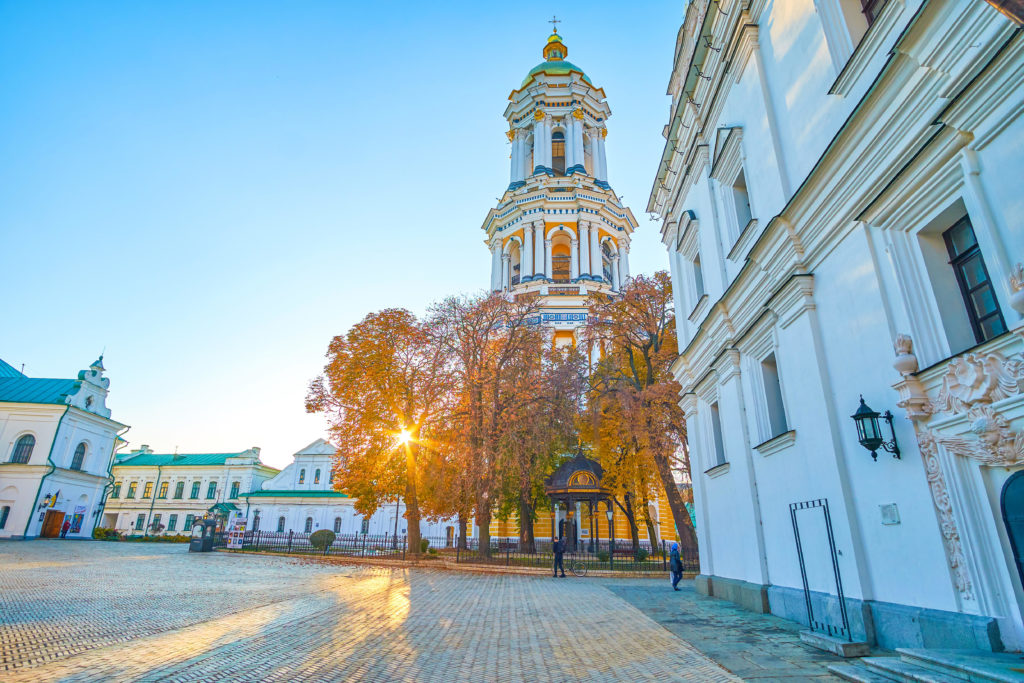KYIV
The U.S. and Germany have acknowledged the controversial “Nord Stream 2” pipeline to bring Russian natural gas to Germany will go forward, despite anger from Ukraine.
Until now, Russia was dependent on pipelines crossing Ukraine to pump natural gas to Europe. Ukraine had derived $2 billion annually in transit fees for the use of the Soviet-era lines.
As a commercial project, the pipeline, which crosses under the Baltic Sea, involves Germany and Russia, not the United States.
But Ukrainian President Volodymyr Zelensky had pleaded with U.S. President to somehow stop the project, which is already 95 percent complete.
Biden repeatedly said that while he saw the pipeline as a geopolitical project to ensure dependence and thus political leverage over European countries, he had no power or role to stop it.
“While we remain opposed to the pipeline, we reached the judgment that sanctions would not stop its construction and risked undermining a critical alliance with Germany, as well as with the EU and other European allies,” a senior State Department official said on Wednesday.
German Chancellor Angela Merkel telephoned Putin after the announcement, an unusual diplomatic gambit with a Kremlin leader. She calmly told reporters a day later that she had received assurances that Moscow would not use the pipeline as a weapon but that Berlin was ready to react with sanctions if it did so.
Biden made clear that he was dropping sanctions against it – an admission that although he opposed the $11 billion project, there was nothing he could do about it.
ECONOMIC HELP PROMISED TO UKRAINE
A fund of $1 billion to provide Ukraine with energy security and help it move forward with “green” initiatives – starting with a $175 million German donation – was offered to compensate Ukraine, which is in an effective state of war with Russia.
Russia annexed the Crimea peninsula in 2014 following the overthrow of the pro-Moscow president, Victor Yanukovich. It soon after began backing, if not organising, a separatist rebellion in the far eastern Donbas region. That war has killed at least 14,000.
The U.S.-German agreement also promised to engage with Moscow on extending a Russian-Ukrainian natural gas transit agreement through Ukraine’s existing network, due to expire in 2024, for an additional 10 years.
But for Ukraine, that was nowhere near good enough. Kyiv complained of being sold out by Western allies.
Kyiv was immediately backed by EU member Poland, whose right-wing government is an outcast among the majority of other EU countries. However, Warsaw – due to a bitter history with Russia – has a natural inclination to oppose anything seen as beneficial to the Kremlin.

